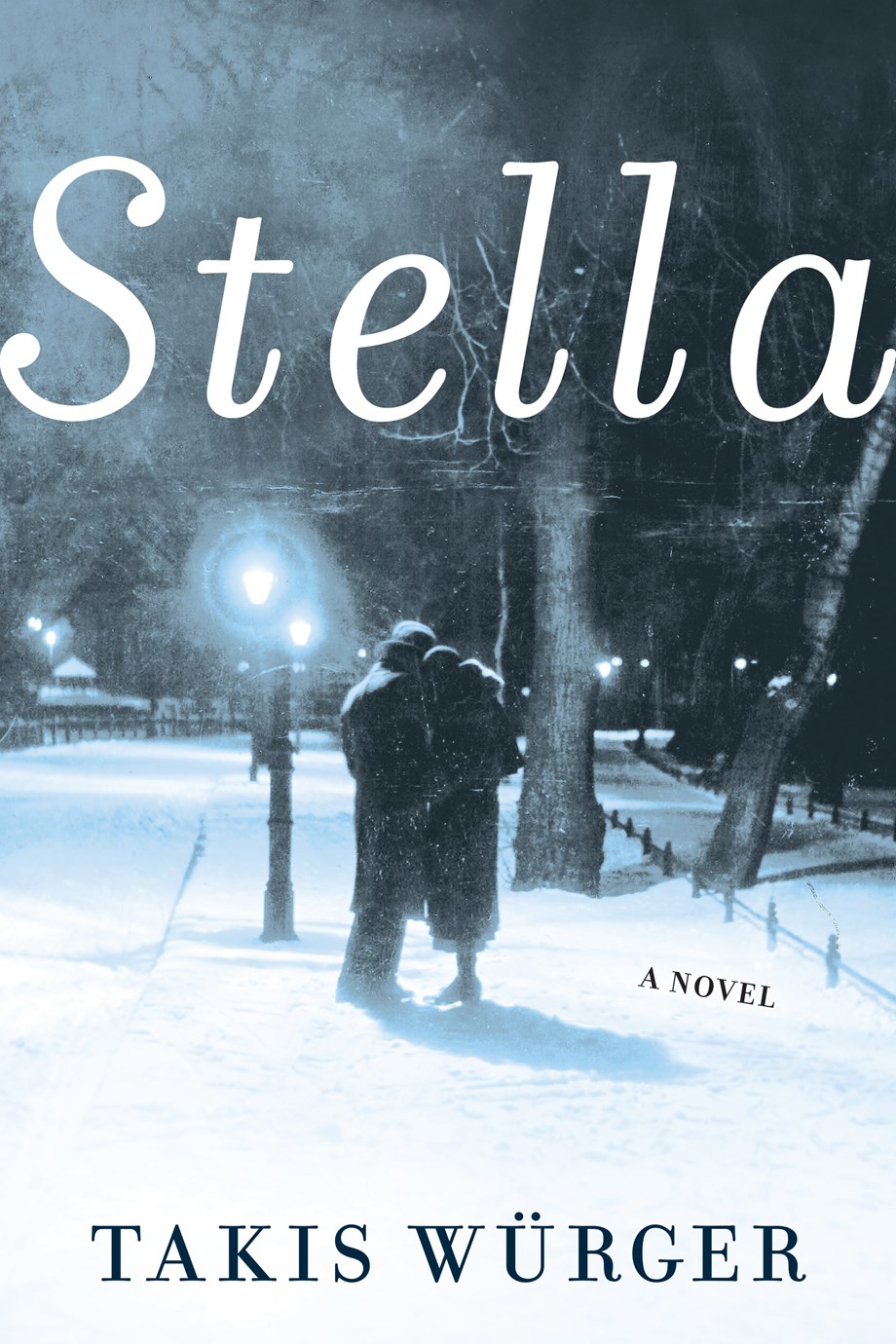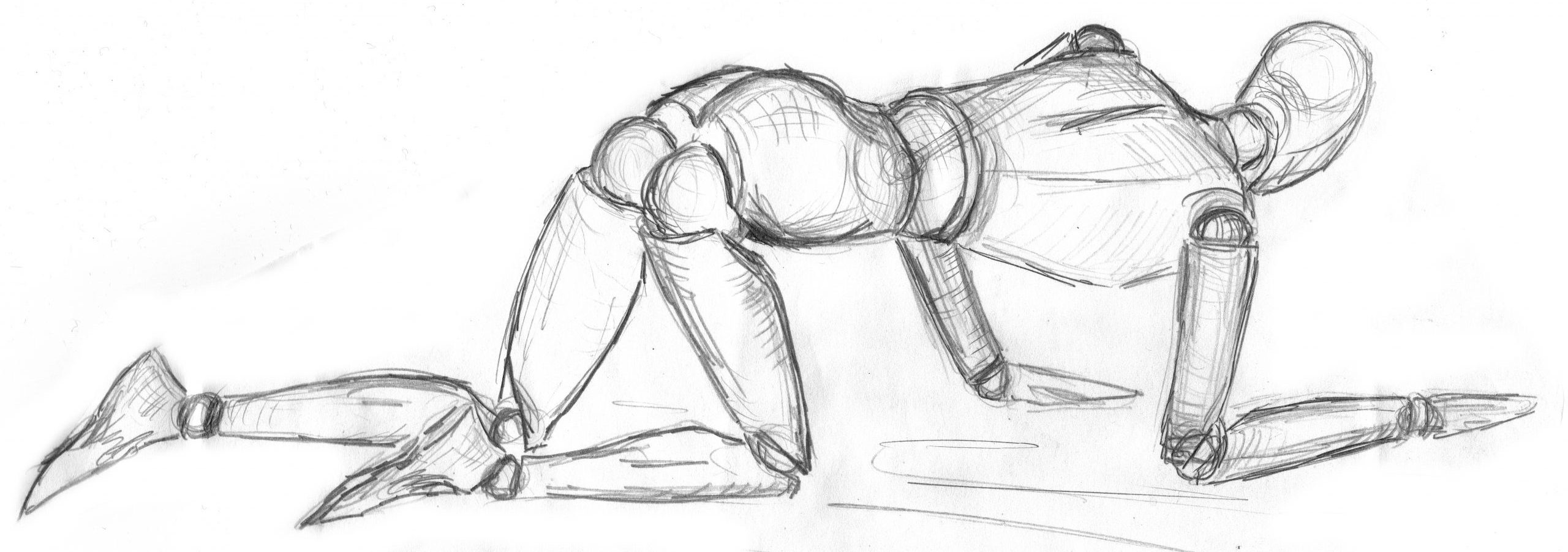
Sometimes historical fiction is faithful to the last details, and other times it relies on a kernel of truth to blossom into an enticing, though largely fabricated, narrative. Stella is solidly in the second camp. Based on the real-life Stella Kübler, a German Jewish woman who famously collaborated with the Gestapo during WWII to expose and denounce hundreds of underground Jews in Berlin, Stella imagines the “catcher” as an artistic type so smitten with her new life of luxury that she is willing to turn a blind eye to the effects of her own actions. While the novel may make some attempt at humanizing Stella and seeks to understand her motives, the overwhelming impression is that Stella is a uniquely cruel human being, though it is unclear if she is that way by birth or as a result of her unique circumstances.
We meet Stella through the eyes of Friedrich, a young (entirely fictional) Swiss man who, having grown up hearing his mother’s fanatical support of Hitler peppered with his father’s quiet disapproval, is looking to identify his own stance on the growing conflict in Germany. While on an indefinite holiday to Berlin, Friedrich meets and becomes infatuated with Stella; the two dive into a dubious relationship that tests their trust, their morals, and their willingness to look away.
Würger’s frank narratives of their relationship are punctuated with witness statements that are cited from Stella Kübler’s actual 1957 Berlin trial and time stamped global, though overwhelmingly American-Euro-centric, historical tidbits, creating a comforting rhythm to the novel that propels it forward toward its unseemly end. Even Friedrich’s first-person telling of his childhood follows this format, providing a numerical year and a quick highlight reel of historical facts:
In 1922 a judge sentenced Adolf Hitler to three months in prison for disturbing the peace, an English archaeologist discovered Tutankhamen’s tomb, James Joyce published the novel Ulysses, Russia’s Communist Party elected Joseph Stalin general secretary, and I was born.
While some may argue that Stella is insensitive in that it takes the focus away from the victims and instead shines a spotlight on a proven perpetrator, it is my own personal belief that such a statement reveals a failure to grasp Würger’s intent. In an approach that is certainly not unexpected from an author who is also an award-winning investigative journalist, Stella provides a written exploration behind the possible “why” behind Stella Kübler’s actions. Why would someone seemingly voluntarily betray their own people? What sort of person is capable of such deceit and malignity? And the question that we as a society ask each time a genocide comes to light: how does humanity so willingly turn a blind eye to the suffering of others? By humanizing the character of Stella, Würger attempts to create an honest analysis of her frame of mind while also reminding the reader that Stella, as a targeted Jewish woman herself, exists in a unique overlap between victim and perpetrator.
Stella exists in an in-between, neither a likable protagonist nor a disagreeable one. The novel can be summarized similarly– while Stella does not rise to the top of my recommendations list, or for that matter the top of my recommendations for WWII fictions, it does provide an alternate perspective that I have not encountered previously and as such, has stood out in my mind among countless WWII stories of women heroes and victims. It’s not groundbreaking, but it’s arguably a solid addition to the canon of WWII historical fiction.
Thank you to Grove Press and Above the Treeline for an ARC in exchange for an honest review.
